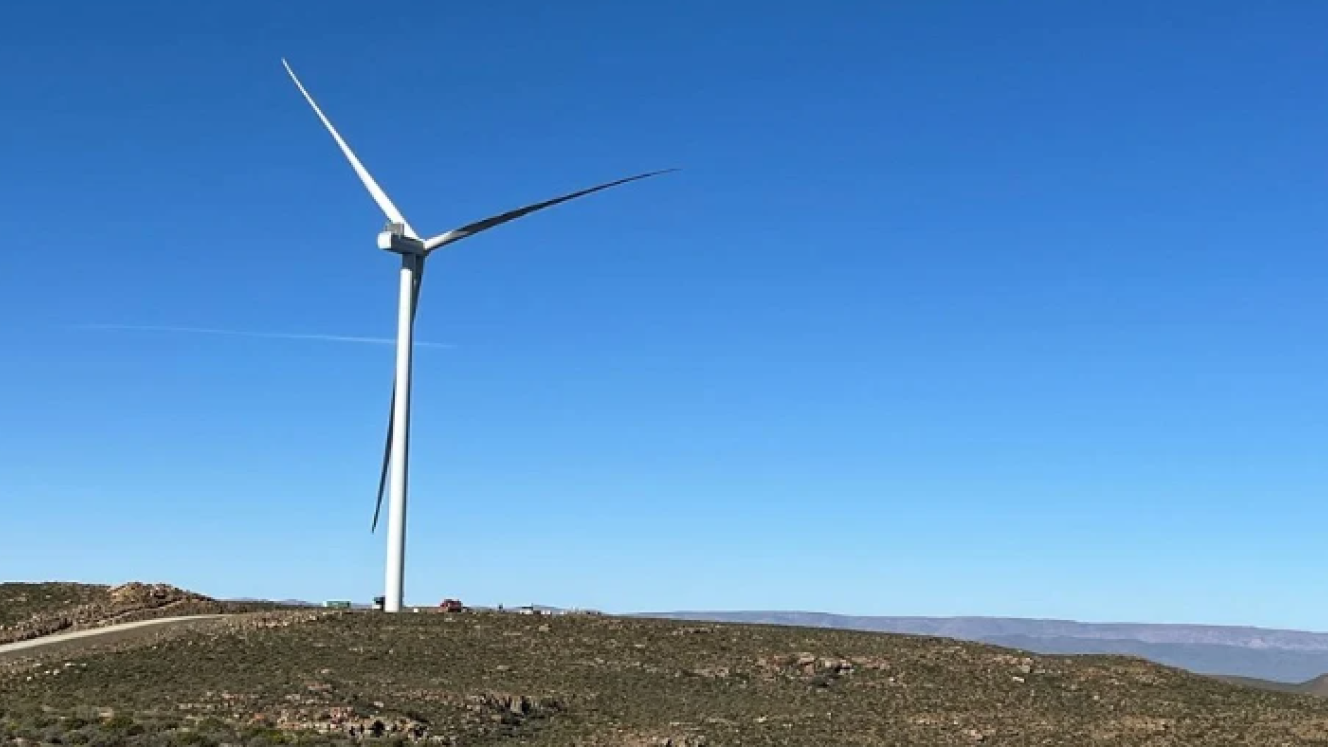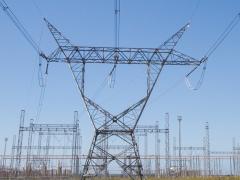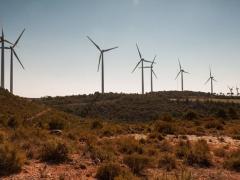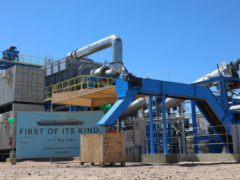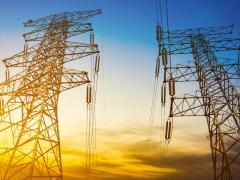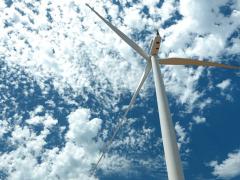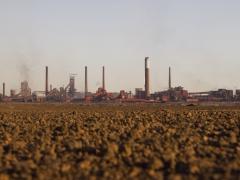South Africa’s fossil fuel subsidies tripled between 2018 and 2023, hitting R118 billion, up from R39 billion five years earlier, a new report by the International Institute for Sustainable Development (IISD) reveals.
The increase was largely driven by the global energy crisis, with consumer subsidies rising to reflect higher oil, gas, and coal prices following Russia’s invasion of Ukraine, according to the report ‘Blackouts and Backsliding: Energy Subsidies in South Africa 2023’.
The increases came as global fossil fuel subsidies hit a record high of US$1,5 trillion in 2022, with governments around the world facing an energy crisis, the IISD said in a statement.
The largest share of fossil fuel subsidies in South Africa in 2023 went to oil and gas consumption, carbon tax exemptions, and the electricity sector.
Fossil fuels provided 91% of South Africa’s total energy supply in 2021, compared to 80% globally. Coal dominates the electricity sector, accounting for 86% of all generation, while wind and solar makeup just 6%. This is despite the fact that the average cost of renewable energy installation bids in South Africa has decreased by more than 77% since 2011.
“Soaring fossil fuel subsidies in South Africa mean the country is still locked into dependence on economically volatile fuels, with ill-targeted consumer subsidies failing to protect the poorest families,” said Anna Geddes, co-author of the report and associate consultant at IISD.
“Carbon tax exemptions for big emitters like Eskom and current plans to expand gas-generated power are undermining South Africa’s commitments to shift away from fossil fuels.”

